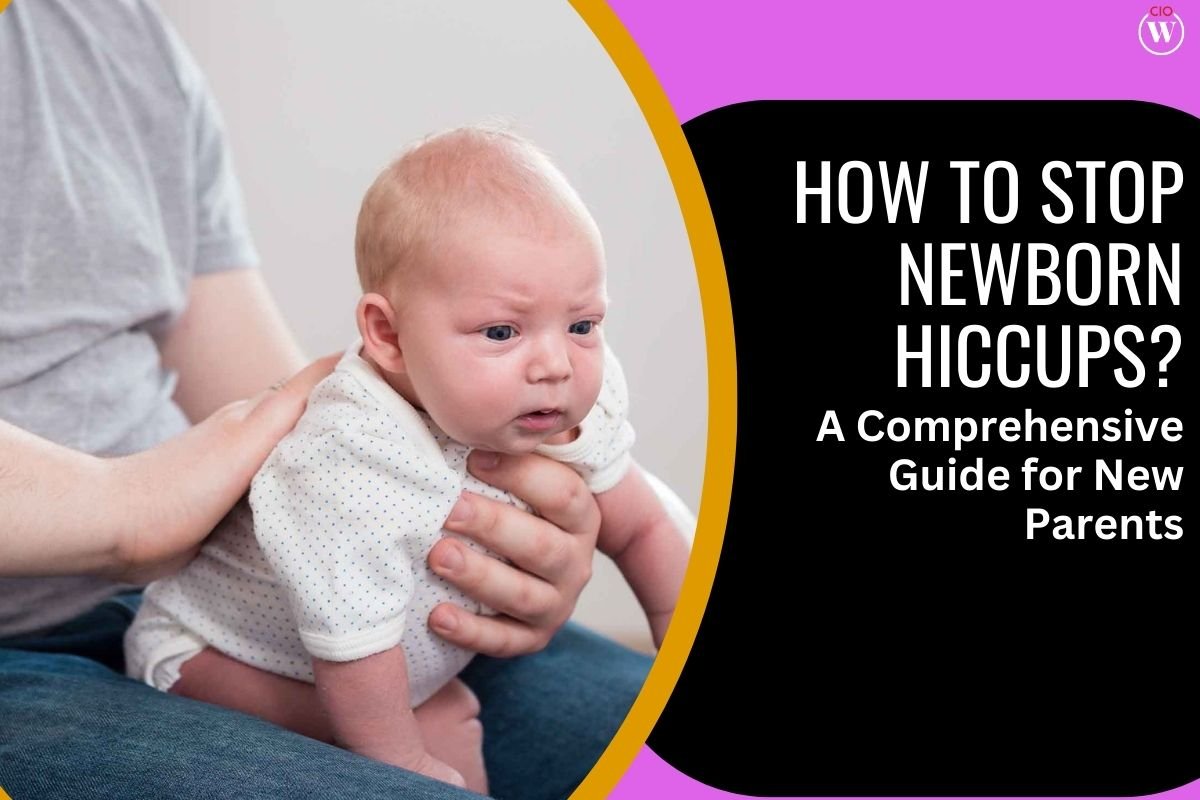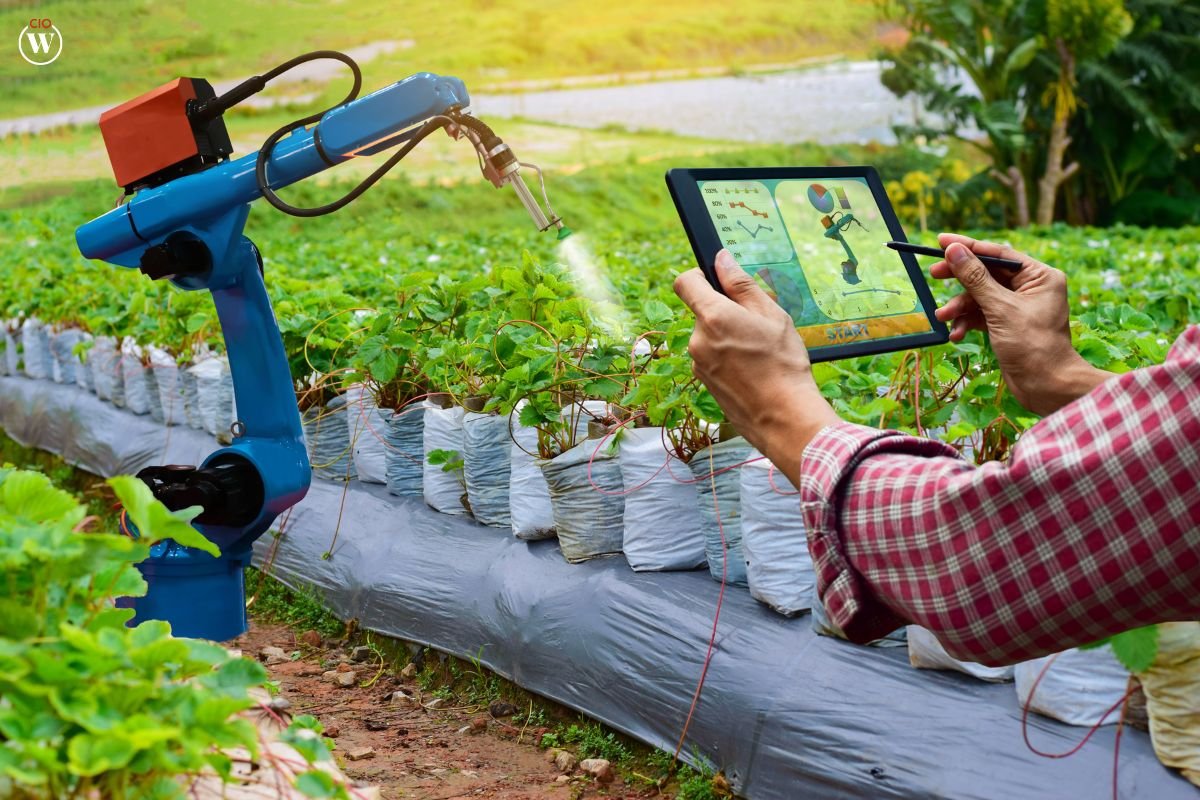source – CNN
As a new parent, one of the many challenges you’ll face is dealing with your newborn’s hiccups. While these tiny bouts of diaphragm spasms can be adorable, they can also be worrisome if they occur frequently. Understanding how to stop newborn hiccups can bring relief to both you and your baby. This comprehensive guide will help you learn effective strategies to prevent and manage hiccups in newborns, ensuring your little one remains comfortable and happy.
Understanding Newborn Hiccups
Before diving into how to stop newborn hiccups, it’s important to understand why they happen. Hiccups in newborns are usually harmless and occur due to the diaphragm—the muscle located between the chest and abdomen—contracting involuntarily. This contraction can be triggered by various factors such as feeding, sudden changes in temperature, or even excitement. The key to managing hiccups is to address these triggers and implement preventive measures.
Common Causes of Newborn Hiccups
Feeding Practices
Feeding is one of the most common causes of newborn hiccups. When a baby feeds too quickly or swallows air during feeding, it can lead to hiccups. This is often seen in both breastfeeding and bottle-feeding.
Temperature Changes
Sudden changes in temperature can also trigger hiccups in newborns. Moving from a warm environment to a cooler one, or vice versa, can cause the diaphragm to contract.
Overstimulation
Overstimulation from excitement or excessive activity can lead to hiccups in newborns. This can be due to loud noises, vigorous play, or other forms of sensory overload.
How to Stop Newborn Hiccups: Practical Tips
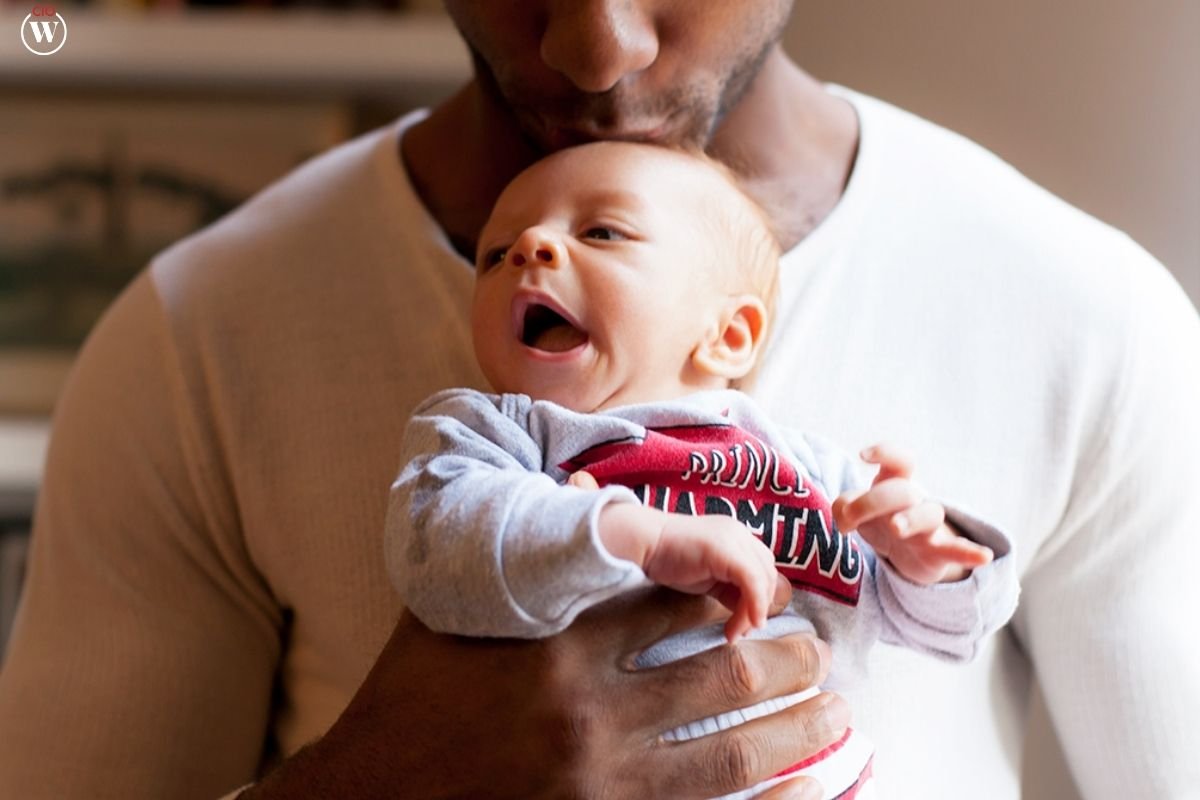
Now that we know the common causes, let’s explore effective methods on how to stop newborn hiccups.
1. Feed Your Baby Properly
Proper feeding techniques are essential in preventing hiccups. Here are some tips to ensure your baby feeds correctly:
- Burp Your Baby Frequently: Burping your baby during and after feeding can help release any trapped air, reducing the likelihood of hiccups.
- Use the Right Nipple Size: If you are bottle-feeding, ensure the nipple size is appropriate. A nipple that’s too large or too small can cause your baby to swallow excess air.
- Slow Down Feeding: If your baby tends to feed quickly, try to slow down the pace. You can do this by taking breaks during feeding sessions.
2. Keep Your Baby Upright
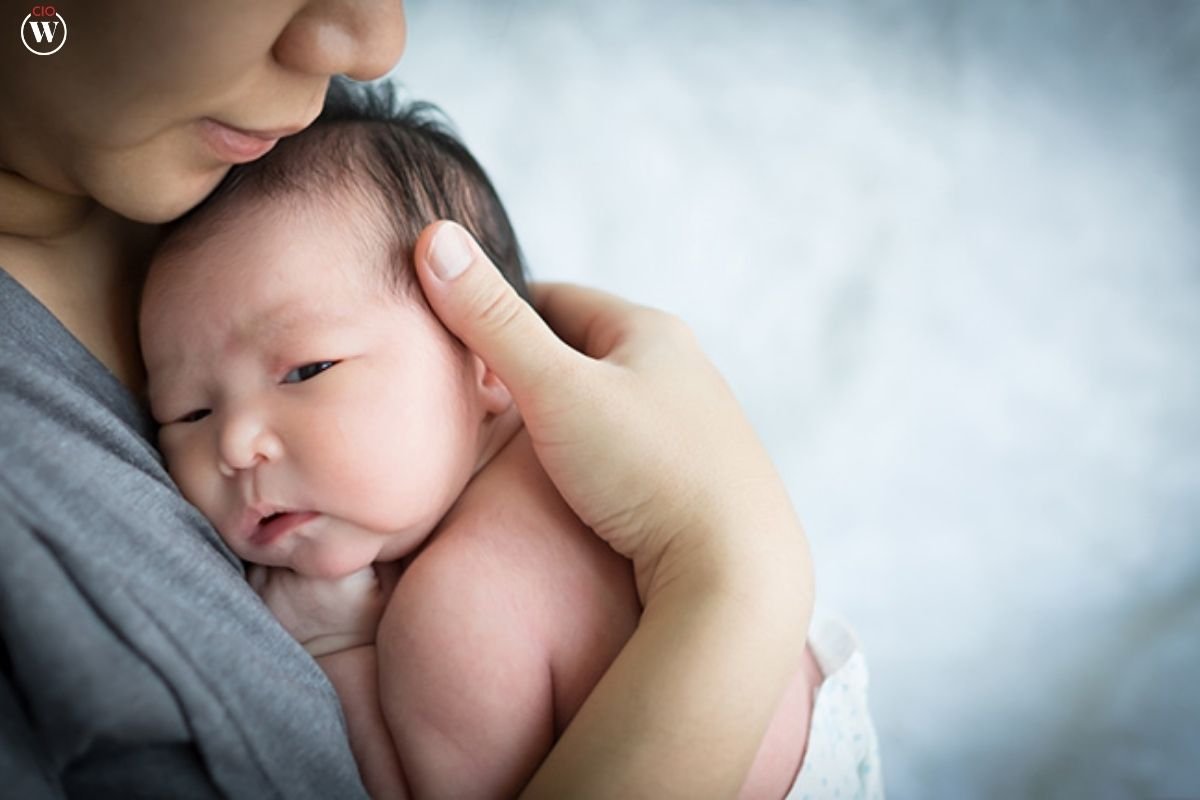
Holding your baby upright for 20 to 30 minutes after feeding can help reduce the chances of hiccups. This position allows gravity to help keep the milk down and prevent air from getting trapped.
3. Check the Bottle Angle
For bottle-fed babies, the angle at which the bottle is held can make a significant difference. Hold the bottle at an angle that fills the nipple completely with milk, minimizing the amount of air your baby swallows.
4. Monitor Feeding Amounts
Overfeeding can lead to an upset stomach and hiccups. Pay attention to your baby’s hunger cues and avoid overfeeding. If you’re unsure about the right amount, consult your pediatrician.
5. Create a Calm Feeding Environment
Minimize distractions and create a calm environment during feeding times. This helps your baby focus on feeding and reduces the risk of swallowing air or getting overstimulated.
Preventive Measures to Stop Newborn Hiccups
Prevention is often the best approach when it comes to managing hiccups. Here are some preventive measures on how to stop newborn hiccups before they start:
1. Establish a Routine
Establishing a consistent feeding routine can help regulate your baby’s digestive system and reduce the occurrence of hiccups. Try to feed your baby at the same times each day and ensure they are calm and relaxed before feeding.
2. Keep Your Baby Warm
Avoid sudden temperature changes by dressing your baby appropriately and keeping their environment at a comfortable, consistent temperature. This can prevent the diaphragm from getting irritated.
3. Avoid Overstimulation
Create a serene environment for your baby, especially during feeding times. Avoid loud noises and excessive activity that could overstimulate your baby and lead to hiccups.
4. Use Pacifiers
Using a pacifier can help relax your baby’s diaphragm and stop hiccups. The sucking motion can be soothing and may help stop the hiccups.
When to Seek Medical Advice
While hiccups are generally harmless, there are instances when they could indicate an underlying issue. Consult your pediatrician if:
- Hiccups Are Frequent and Persistent: If your baby has hiccups frequently and they last for a prolonged period, it’s best to seek medical advice.
- Hiccups Are Accompanied by Other Symptoms: If your baby experiences discomfort, vomiting, or appears to be in pain along with hiccups, consult your doctor.
- Feeding Difficulties: If hiccups interfere with your baby’s feeding and growth, it’s important to get a professional evaluation.
Debunking Myths about Newborn Hiccups
There are many myths surrounding newborn hiccups. Here are a few and the truths behind them:
1. Hiccups Are Always a Sign of Reflux
While gastroesophageal reflux can cause hiccups, not all hiccups indicate reflux. Most cases of newborn hiccups are benign and not linked to reflux.
2. Giving Water Can Stop Hiccups
It’s a common myth that giving water to a baby can stop hiccups. However, giving water to newborns is not recommended as it can interfere with their nutrient intake and digestion.
3. Hiccups Are Painful for Babies
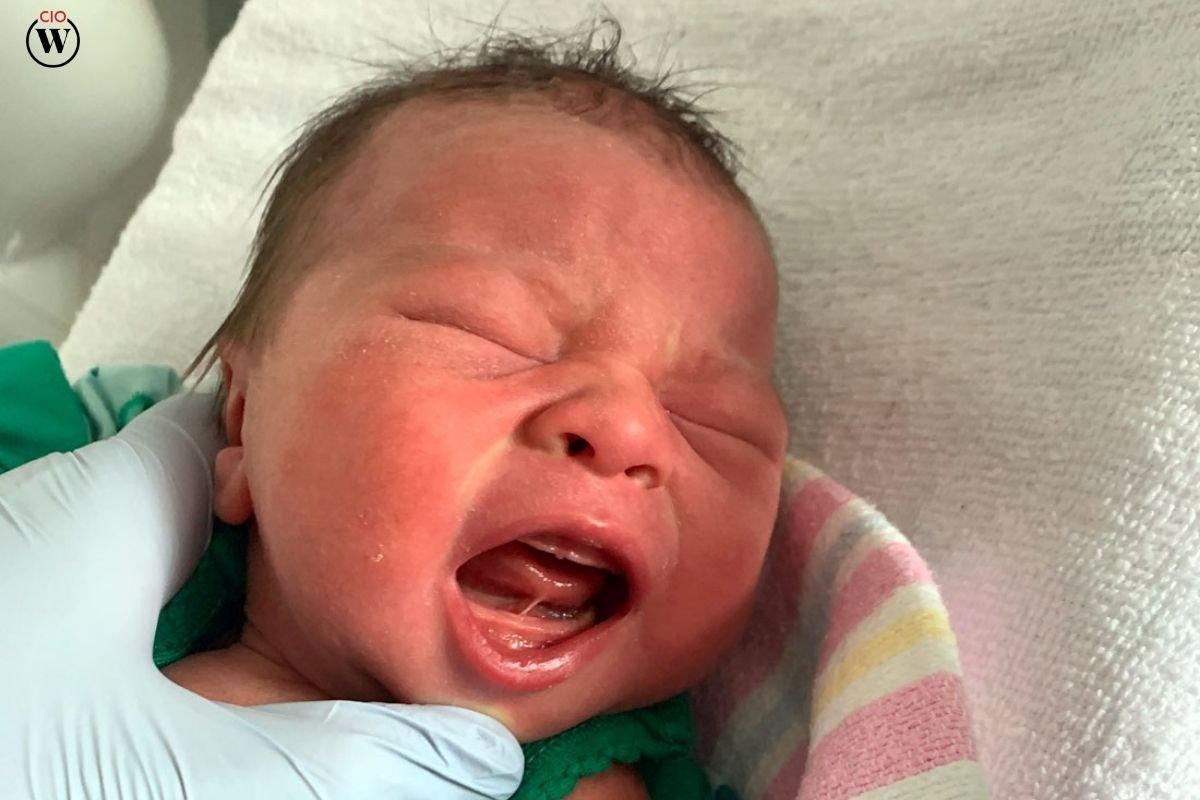
Hiccups are typically not painful for babies. They might be uncomfortable at times, but they usually don’t cause distress or pain.
Natural Remedies for Newborn Hiccups
For parents interested in natural remedies, here are some gentle ways to stop newborn hiccups:
1. Gripe Water
Gripe water is a natural remedy made from herbs like ginger and fennel. It can help soothe your baby’s stomach and stop hiccups. However, consult your pediatrician before using it.
2. Chamomile Tea
A few drops of chamomile tea can have a calming effect on your baby’s digestive system. Again, consult with your pediatrician before trying this remedy.
3. Gentle Belly Massage
A gentle belly massage can help release any trapped gas and ease hiccups. Use circular motions around your baby’s belly button, being careful not to apply too much pressure.
Conclusion
Understanding how to stop newborn hiccups involves a combination of proper feeding techniques, preventive measures, and knowing when to seek medical advice. Hiccups in newborns are usually harmless and tend to resolve on their own. However, by following the tips and strategies outlined in this guide, you can help minimize their occurrence and ensure your baby remains comfortable and happy.
Remember, every baby is different, and what works for one might not work for another. It’s essential to be patient and try different methods to see what works best for your little one. With time and experience, you’ll become more adept at managing and preventing hiccups, allowing you to focus on enjoying the precious moments with your newborn.
By incorporating these practical tips and preventive measures, you’ll not only learn how to stop newborn hiccups but also create a nurturing environment that promotes your baby’s overall well-being.
Also read: How To Best Support Your Children?

